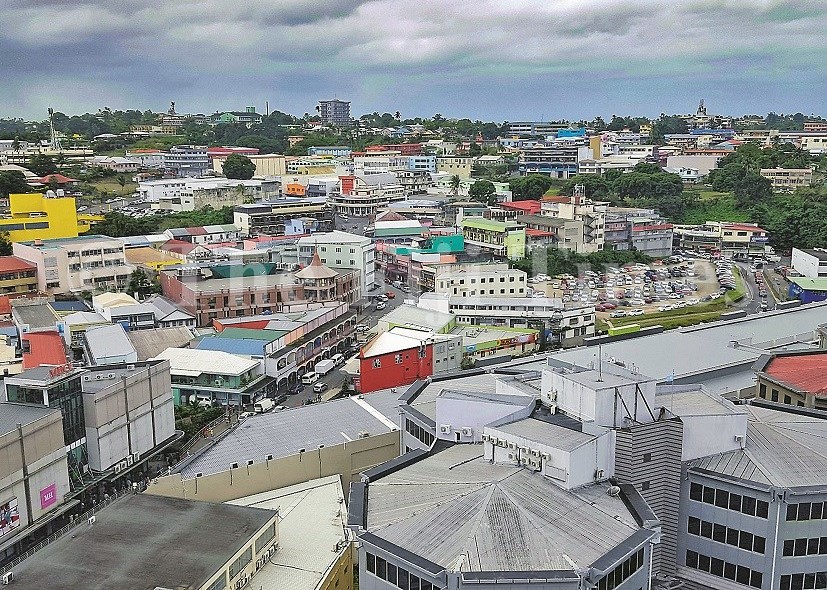THE recent emergence of capital recycling or asset recycling offers an avenue for the Government to bolster the public sector’s ability to fund infrastructure and limit borrowings.
ANZ Group international economist Kishti Sen and senior international economist Tom Kenny said in this approach, the Government would privatise or offer as long-term lease an existing and income generating public sector asset and use the funds to build new assets.
The economists said that would lessen the burden to borrow money to fund new infrastructure.
They said Fiji was promoting itself as an attractive location for large multinationals to set up operational functions – which means Fiji wants to upscale its business process outsourcing (BPO) industry hubs or precincts with towers and shared facilities for retail, food, accommodation, medical and parking.
However, Fiji has not yet been able to build a one-stop technology park for the BPO sector to get started because of a scarcity of available privately-owned land in and around central business districts.
The economists said this was where asset recycling could work in the near term in the land sector.
“The Government has significant land and property holdings in urban centres. Sale of some of these assets to BPO developers could free up money for the Government to finance infrastructure project development or maintenance work,” Mr Sen and Mr Kenny said in their analysis on the 2025-26 national budget published in the ANZ Group’s Pacific Insight publication.
With the Government canvassing the possibility of part privatising its water and electricity utilities, the economists said those utilities were other candidates for potential privatisation under the asset recycling approach.
“In Fiji’s case, asset recycling would not necessarily mean losing Fijian ownership, if it could be done in partnership with the Fiji National Provident Fund (FNPF), other Fijian investors and or long-term leases,” Mr Sen and Mr Kenny said.
“A review of existing Government-owned infrastructure, property and other assets would be needed to determine whether any are suitable for privatisation.”
The economists said sale proceeds could then be used to fund new infrastructure or rehabilitate ageing infrastructure.
Nearly $1billion in capital budget has been allocated for the 2025-26 fiscal year, which is 8 per cent higher than the previous year’s expenditure.
The economists said most of the Government’s capital works budget would go to the capital grant budgets of statutory bodies to upgrade infrastructure as opposed to building new ones.



